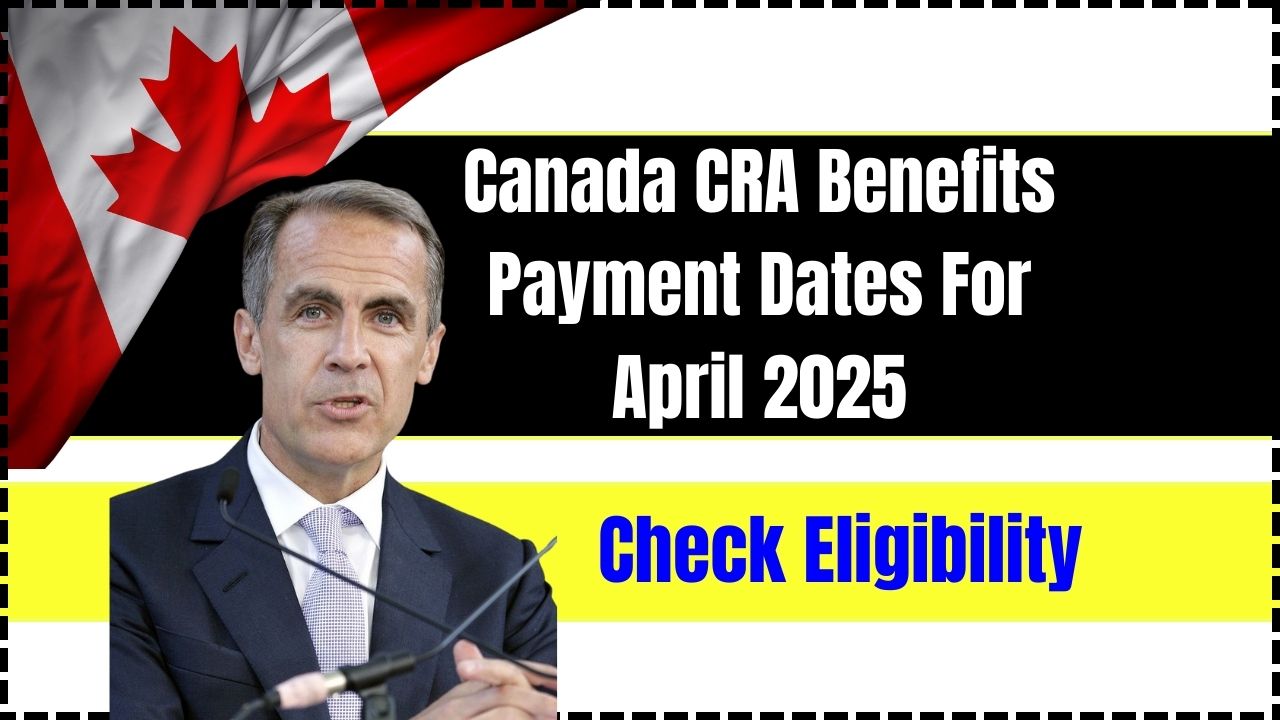
£459 Cut in UK Annual Benefits and Pensions: In 2025, millions of people in the UK—especially pensioners, low-income households, and disabled individuals—are facing an average annual reduction of £459 in benefits. These changes stem from a combination of government decisions to tighten eligibility rules, cut back support programs, and implement moderate increases in other areas like the State Pension. While some may see slight financial gains from pension increases, the net result is a loss for most benefit recipients. Understanding what these changes mean for you or your family—and what you can do about it—is crucial.
£459 Cut in UK Annual Benefits and Pensions
The £459 average annual cut in UK benefits and pensions marks one of the most substantial shifts in recent welfare policy. While some recipients may experience marginal increases through the State Pension or Universal Credit, most will face a net loss—particularly pensioners, disabled individuals, and low-income families. Being informed, exploring your entitlements, and seeking advice early can make a significant difference in your ability to manage these changes. With the right tools and guidance, it’s possible to minimize the impact and access alternative support.
| Change | Details | Impact |
|---|---|---|
| Winter Fuel Payment Cuts | Limited to only those receiving Pension Credit | Up to £300 loss per pensioner |
| Universal Credit Adjustment | 1.7% increase; health element reduced to £50 for new claimants | Real-term reduction in disability support |
| PIP Eligibility Tightening | Stricter conditions to qualify from November 2026 | Potential disqualification for thousands |
| State Pension Increase | 4.1% rise starting April 2025 (to £230.05/week) | Roughly £460 more per year |
| Net Effect | Benefit reductions outweigh increases for most recipients | Average annual loss of £459 |
What Is Behind the £459 Benefits Cut?
The government has cited financial sustainability and efforts to “modernise the welfare state” as key drivers behind these benefit cuts. The Department for Work and Pensions (DWP) aims to save over £5 billion annually by 2030, largely through:
- Scrapping universal top-ups like the Winter Fuel Payment
- Reducing incentives for long-term benefit dependency
- Encouraging employment and personal responsibility through stricter eligibility
However, critics argue the burden is falling on the most vulnerable, including elderly pensioners, people with chronic illnesses, and low-income families who rely on support for essentials like heating, rent, and food.
The End of the Universal Winter Fuel Payment
One of the biggest contributors to the £459 average cut is the removal of the Winter Fuel Payment top-up, which in recent years provided up to £300 extra during colder months.
Starting in 2025, only pensioners on Pension Credit will receive this assistance. This means:
- Someone previously getting £600 (Winter Fuel Payment + £300 Cost of Living top-up) may now receive as little as £100–£200
- Nearly 1 million pensioners could lose this support unless they qualify under the new rules
This cut could disproportionately affect older people who heat their homes during winter on fixed incomes.
Universal Credit Adjustments: A Mixed Bag
Universal Credit (UC) is a monthly payment designed to help with living costs. While the base rate of UC increased by 1.7% in April 2025, this is barely enough to match inflation—and key elements for disabled individuals are being slashed.
What’s Changing?
- From April 2026, the extra support for new claimants with disabilities will be capped at £50 per week, down from nearly £97
- This health-related element will also be frozen until 2029/30, meaning no adjustment for inflation for at least 4 years
These reductions may leave thousands of disabled individuals struggling to cover basic living expenses.
Personal Independence Payment (PIP): New Rules, Less Support
Personal Independence Payment (PIP) helps people with long-term health conditions or disabilities with daily living or mobility costs.
Starting in November 2026, the eligibility criteria will become much stricter:
- Claimants will now need to score at least 4 points on a single daily living activity to qualify for the benefit
- The review system will be automated, reducing personalized assessments
- Fewer people are expected to qualify, especially those with fluctuating or mental health conditions
This move is estimated to cut spending by £3.7 billion annually but has been widely criticized by disability rights groups.
State Pension Increase: A Slight Relief
On a more positive note, pensioners receiving the full new State Pension will see their payments rise by 4.1% from April 2025, going from £221.20 to £230.05 per week.
This works out to an annual increase of around £460, which could soften the blow of other benefit reductions. However, not all pensioners qualify for the full amount, and the rise may still lag behind the actual cost of living.
What You Can Do to Prepare for the £459 Cut in UK Annual Benefits and Pensions?
Here’s a step-by-step guide to minimizing the financial impact:
1. Check All Eligibility
- Visit gov.uk/benefits-calculators to see what support you qualify for
- Even if you’ve been denied in the past, new circumstances could make you eligible
2. Apply for Pension Credit
- Over 850,000 eligible pensioners still haven’t claimed this benefit
- Pension Credit can unlock other perks: council tax discounts, cold weather payments, free TV licence (over 75s), and more
3. Contact Local Support Services
- Many councils and charities offer grants for heating, food, and rent
- Try Turn2Us or Age UK
4. Appeal or Challenge Decisions
- If your benefits are reduced or removed unfairly, you can appeal
- Seek help from a Citizens Advice Bureau or welfare rights advisor
April 2025 Benefit Boost: PIP & DLA Payments Increased – See Your New Rates Now!
£416 Monthly Benefit Reductions Announced by DWP in April – What It Means for Thousands of Families!
UK Pensioners Could Get £434 a Month – Check DWP’s New Support Plan!
FAQs About £459 Cut in UK Annual Benefits and Pensions
Why are UK benefits being cut?
The government is attempting to reduce long-term welfare spending by targeting what it views as outdated or unsustainable payments. However, critics argue that these cuts unfairly affect the most vulnerable groups.
How many people are affected?
It’s estimated that over 2 million households could be affected by the changes, with around 100,000 pensioners at risk of falling below the poverty line due to the Winter Fuel Payment cuts.
Is there anything I can do if my benefits are cut?
Yes. You can:
- Challenge or appeal the decision
- Check if you qualify for other support like Pension Credit or Housing Benefit
- Seek help from charities and local councils
When will these changes take effect?
- Most changes began in April 2025
- PIP reforms will start in November 2026
- Universal Credit health element changes apply to new claimants from April 2026






